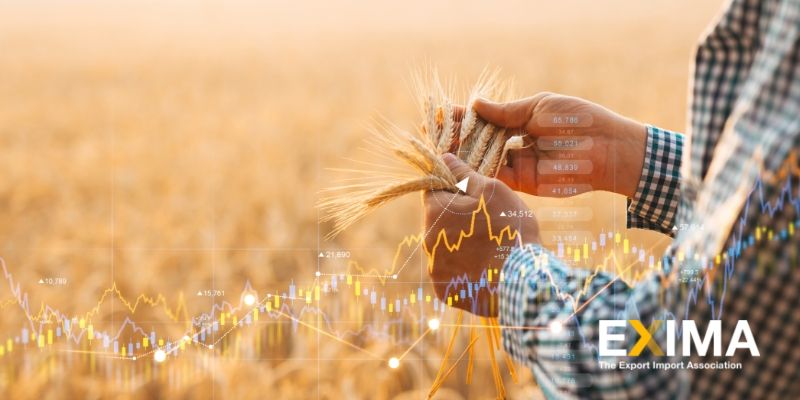Trade finance is responsible for 80 percent of global trade. Through the provision of instruments like letters of credit, financial intermediaries lower the risk of exporting commodities that range from sugar to oil.
The credit facilities from finance intermediaries enable merchants to handle multiple transactions, but if the number of service providers reduces, the credit cost will rise for merchants. Global merchants typically have high leverage and rely on financing, so it's a significant part of their operations.
Banks have been reducing their commodity trading
Defaults by traders worldwide have been significant and pose a risk to banks, which is why they are reducing or stopping trade finance altogether. Although defaults are part of the business, in 2020, they were extreme. As banks reduce their exposure to the commodity market, they will favor larger trading houses leaving smaller players with limited options and rising costs.
The risk arises from trading houses preferring revolving credit facilities (RCFs), which are cheap unsecured loans with short maturities (less than a year) and must be renewed. Banks also relied heavily on outsourcing key processes, which would have helped them assess risk better to parties with low experience, especially in emerging markets.

The new risks coming from the Ukraine-Russia war
The war between Russia and Ukraine is complicating things further. Russia is a major commodities trader; it is a significant global supplier of oil, gas, steel, wheat, and many other commodities. Similarly, Ukraine is responsible for a lot of global grain exports.
Sanctioning Russia for its invasion of Ukraine has created a problematic situation for finance intermediaries. As they try to withdraw their exposure to Russia, it will result in a liquidity crisis. The EU (which has heavy sanctions against Russia) is responsible for a significant portion of global commodities trading. The sanctions are creating a challenging operating environment for commodity traders as;
- The EU looks for new suppliers; it will have to get them farther afield, increasing costs and risk and leading to higher financing costs.
- The large swings in commodity prices prompt margin calls across the market. The huge margin calls result in companies needing more significant cash reserves to cover short positions used to hedge prices of long-term contracts or physical inventories.
- Central banks worldwide are battling inflation, and rising rates will also impact loan interest for international trade.
Risk will be present in the market until commodities are less prone to huge price swings. Those that will be able to manage the risk, usually larger companies, will struggle with potentially lower margins, and the market may see more defaults.
Learn More with EXIMA
At EXIMA, we believe in making international trade easy and ensuring you have all the tools you need to trade confidently. That includes helping our users learn everything they need to know about global trade. Join the export/import association today!









